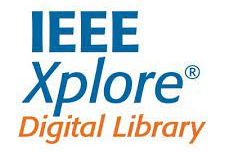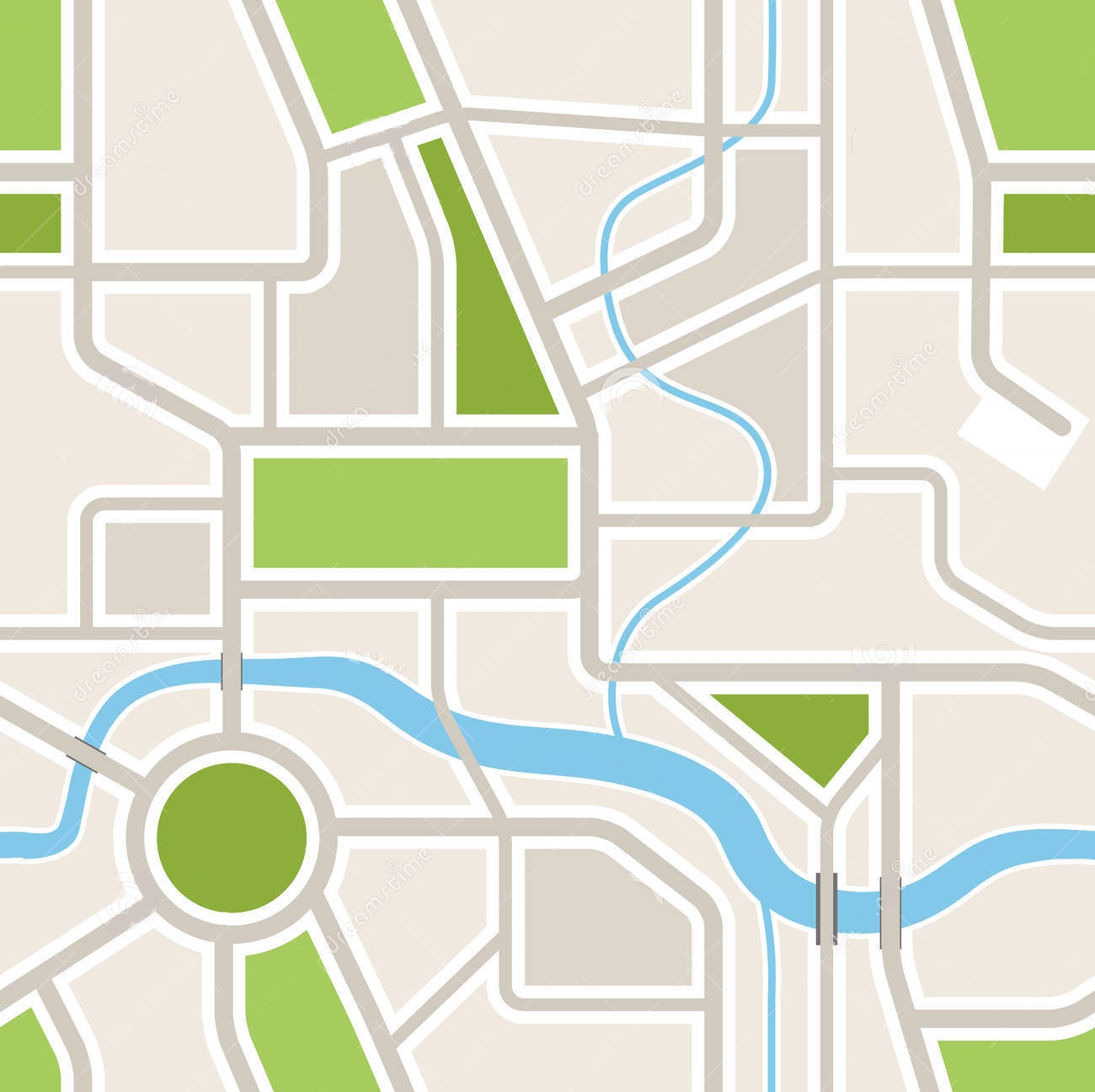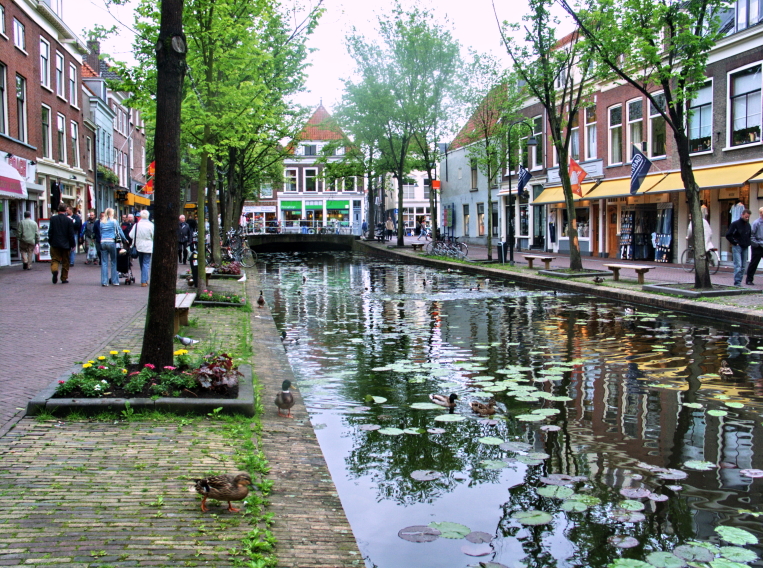NEWS:
29/06/2023 ‒ Accepted papers and the program are now available, including a keynote by Prof. Florian Speelman, University of Amsterdam. Looking forward to seeing you at LPW 2023!
15/03/2023 ‒ The paper submission deadline has been extended to March 27.
26/01/2023 ‒ The Call for Papers for LPW 2023 has been announced.
09/01/2023 ‒ LPW 2023 will be co-located with the IEEE European Symposium on Security and Privacy!
LPW 2023 ‒ The 5th Location Privacy Workshop
Location and mobility data are highly sensitive, as they can be used to infer a number of other personal and sensitive data on an individual. However, human mobility is highly predictable, and location information is routinely collected by location-aware devices (e.g. smartphones), connected vehicles, smart transportation systems, e-tolling, and cameras with face recognition among others.
Location privacy is a rapidly developing research area, and the fifth Location Privacy Workshop (LPW 2023) provides a platform for original research and discussion on all technical aspects of privacy and security of location-based services.

Accepted papers will appear in a volume accompanying the main IEEE Euro S&P 2023 proceedings, published by the IEEE. They will be available on IEEE Xplore and will be indexed by Scopus, dblp, etc.

Topics of interest
- Security of location-aware mobile devices
- Privacy-enhancing technologies for location-based services
- Privacy and anonymity in (public) transportation systems
- Privacy and security in connected/autonomous vehicles
- Security of smart mobility applications
- Privacy in location-aware social media
- Privacy in position-based advertising
- Malicious and pervasive tracking, de-anonymization
- Cryptographic protocols and schemes for location information
- Data structures for location information
- Security and reliability of positioning systems
- Location verification and authentication
- Location forensics
- Data protection techniques for regulatory (GDPR) compliance
- Privacy in location-based contact tracing
- …and any other related topic
LPW 2023 is co-located with the 8th IEEE European Symposium on Security and Privacy (IEEE Euro S&P 2023). The conference will be held in-person in Delft, The Netherlands.

